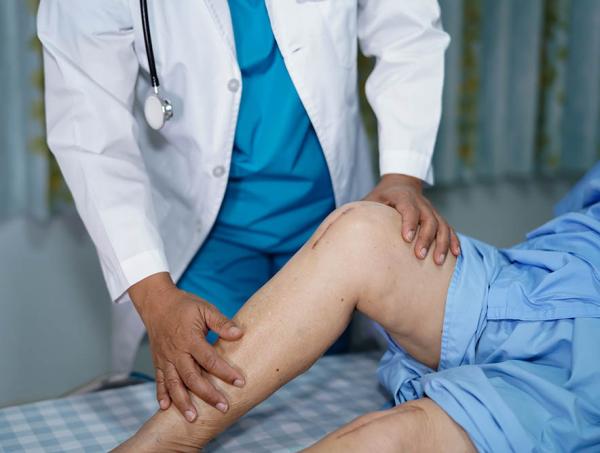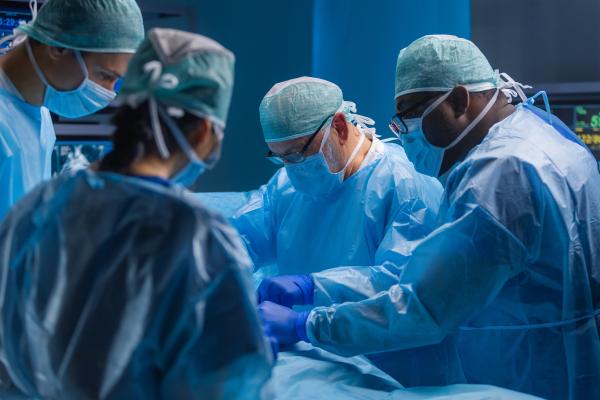Bone Marrow Cells Reveal Secret Weapon to Battle Bacteria
Research Could Lead to Cell-Based Therapies for Infections and Autoimmune Reactions
One thing many scientists love about their job is that the topic they study can still surprise them even after decades of research. IRP senior investigator Eva Mezey, M.D., Ph.D., for instance, has spent the last 20 years investigating a particular set of cells in the bone marrow, yet until now she had never uncovered one of their most intriguing tricks. In a recent study, her IRP team and its collaborators discovered that those cells make a substance that can fight infections and tame hyper-active immune responses.










